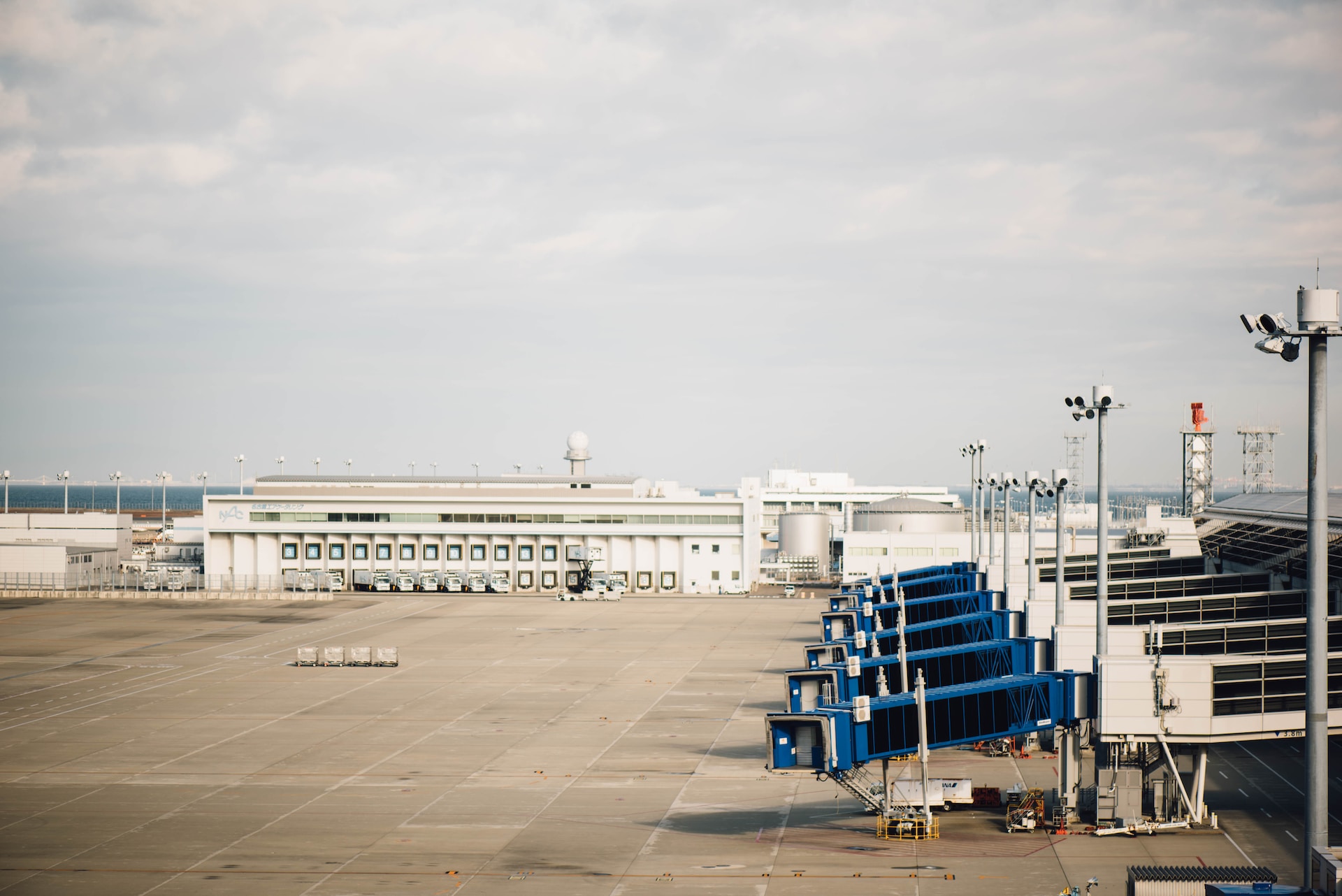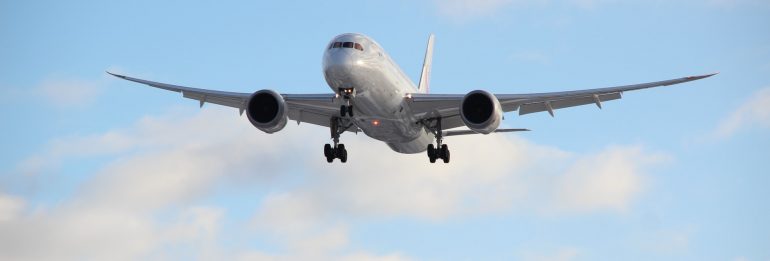In the wake of the environmental crisis, the aviation industry has found itself under the microscope as consumers and activists rally to hold corporations accountable for misleading sustainability claims. With global aviation accounting for roughly 5% of human-induced global warming and its environmental impact outpacing other industries, the sector's credibility has come under scrutiny.
The Era of Greenwashing
"Greenwashing", the act of making deceptive claims about the environmental benefits of a product, service, or company operation, has permeated the corporate world. And as it turns out, airlines have not been exempt. Ad campaigns featuring serene landscapes and promises of a greener future have become ubiquitous in airline advertising. But are these promises rooted in reality?
A spate of recent litigation against airlines suggests otherwise. Strategic climate litigation, empowered by consumer protection laws, has begun targeting the false environmental claims of these airlines. Legal groups in 19 countries recently lodged a complaint against 17 airlines with the European Commission, accusing them of "greenwashing".
This type of litigation is gaining traction because of its ability to reshape public perception. If airline ads are convincing consumers to fly more frequently based on environmental claims, then legal action can play a pivotal role in curbing demand. A report co-authored by Greenpeace indicated that airline ads contributed to emissions equivalent to 34 million tonnes of CO₂ in 2019.
The Illusion of Carbon Offsetting
Much of the criticism stems from the airlines' reliance on carbon offsetting. Many airlines use this approach, which involves investing in projects that reduce or remove carbon emissions (like tree planting) to balance out their own emissions. However, experts argue that this is merely a smokescreen, with some methods proving ineffective or, in some cases, exacerbating the problem.

Litigation and subsequent verdicts have exposed the hollowness of many sustainability strategies in the aviation sector. Authorities have already ordered major airlines, such as Ryanair and Etihad, to retract their ads. In one notable case, Dutch activists took KLM to court over their "Fly Responsibly" campaign, arguing that the ad was misleading. Under scrutiny, KLM chose to withdraw the campaign.
The Ripple Effect
These initial cases have set important precedents that can pave the way for future litigation. With every successful verdict, the foundation for subsequent legal action strengthens. For instance, the European Consumer Organisation's recent complaint could provide robust grounds for future cases.
In the US, Delta Airlines is being challenged by a class action lawsuit accusing them of exaggerating their sustainability efforts by labeling themselves as "carbon-neutral". This litigation could have broader implications as the EU is considering introducing American-style "class action" litigation.
The Real Impact
So, what difference can these lawsuits actually make? At the very least, they can force companies to retract misleading campaigns. More significantly, they can financially penalize these companies. Recent findings suggest that climate-related litigation can tangibly affect a company's value. Some jurisdictions can award substantial damages against companies for misleading ads. In the UK, companies could soon face fines up to 10% of their global turnover for greenwashing offenses.
In Conclusion
The wave of anti-greenwashing litigation against airlines is symptomatic of a larger trend: the public's growing intolerance for false environmental claims. While legal action may not fully halt the unsustainable growth of the aviation industry, it's proving to be an effective instrument to hold companies accountable.
In an era where the environmental stakes have never been higher, this surge in litigation is a testament to a collective demand for transparency and honesty from corporations. The message is clear: greenwashing won't fly anymore.
©GlobalCO2.uk





